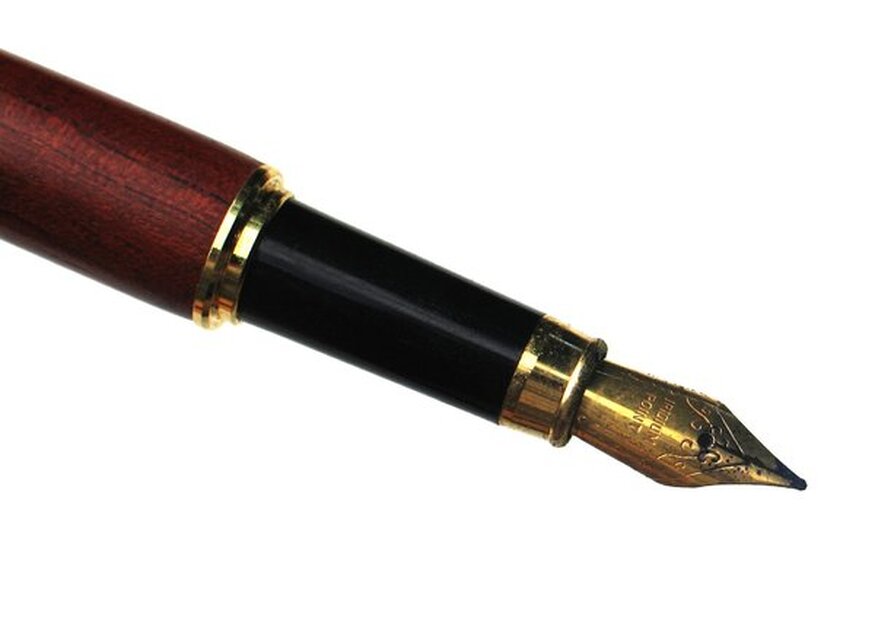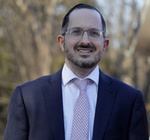
A happy marriage, like any relationship, can only endure if we get good at apologies. It is critical to both be able to give and to receive an apology. Interestingly, when Dr. Gary Chapman studied couples, he found that there are five different apology languages. That is, five different styles of expressing, “I have done wrong to you, please forgive me.” It is important to pay attention to what style resonates with you and what style resonates with your spouse, so that you both can repair and move on after an indiscretion.
The Hebrew month of Elul is known as a time to address disconnects in all our relationships. The month of Elul, precedes Rosh Hashana, and is associated with the slogan, “I am to my beloved and my beloved is to me.” No wonder so many people study the text of the Rambam (Maimonides) in which he describes what a true apology looks like. The Rambam points out that an apology only makes sense after a person resolves not to repeat the wrong behavior. Then he discusses the dynamics of an apology. He writes that a person should be specific in his or her communication, and include the themes that, “I have done wrong, I regret, and I am embarrassed.”
While it is true that any repair attempt is valuable, sometimes a DMC apology is what is needed. The more genuine and heartfelt an apology is, the more valuable it will be in the relationship. We should always pay attention to the other person’s perspective, and what their apology language is.
Dr. Chapman discovered that different aspects of an apology are important to different people. For one person a verbal commitment to change is most important, while for another person a verbal acknowledgement of regret (“I’m sorry”) or verbal acknowledgement of wrongdoing (“I was wrong”) is most important. Some people are lighthearted about apologies, while others will not come to terms with the wrongdoing and accept the apology until amends are firmly in place. Merely hearing the words, “I’m sorry,” is not enough for them. Still others will not be satisfied with the words, “I’m sorry.” They will wait for the actual request (“Please forgive me”) before they are ready to let go of the offense.
An apology is powerful. It can resolve the fallout that occurred in a relationship. But there are many layers and facets to an apology. Sometimes to be effective, an apology must be facilitated by another person.
We are all human; sometimes we make mistakes. An apology enables us to step forward and mend relationships.
Mordechai Rhine is a certified mediator who specializes in marriage mediation. He is based in Baltimore, Maryland, and services clients throughout the United States via Zoom. Rabbi Rhine has served as a community Rabbi for over two decades. He can be reached through his website, www.care-mediation.com, or by email at RMRhine@gmail.com.
 Previous
Previous

